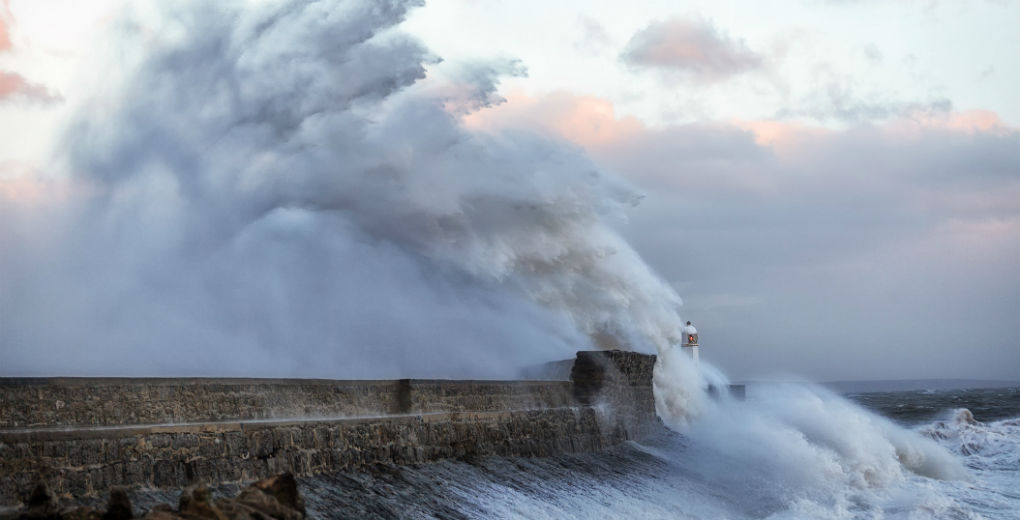Storm Ophelia damage: the insurance perspective
As property and car owners survey the extensive damage caused by Storm Ophelia, the worst hurricane in Ireland’s recorded history, we ask what is covered by insurance and what isn’t.
In October, Storm Ophelia caused winds of up to 96mph to rip through Britain and Ireland.
The effects were most severely felt in Ireland, where it has been recorded as the worst storm in history; three people lost their lives, 330,000 homes and businesses were left without power, and buildings were destroyed to the tune of an estimated €500-800 million.
As roads begin to be cleared and utility services restored, many property, car and land owners will be surveying the damage done to their assets by the high winds.
If you need to prepare a claim relating to storm damages, Chief Executive of Insurance Ireland Kevin Thompson recommends holding onto receipts relating to any temporary repairs you may have conducted immediately after the storm, as you may be able to claim costs back. Insurance Ireland has said it is too early to say whether insurance premiums will rise due to claims made after the storm.
What else should you keep in mind if you need to prepare a claim?
Read the small print: Before the bad weather, drivers were warned to check their car insurance to see whether their vehicle is protected from damages caused by weather. Most comprehensive policies will include benefits like windscreen and flood damage as standard, but if you have paid for a lower level of protection you should read the fine print. You will also be expected to do the utmost to protect your car – deliberately driving through floodwater or keeping your car outside when you have garage space could jeopardise a claim.
Take care when assessing claims: Remember that safety comes first when assessing the extent of the damage. Climbing on roofs and buildings can lead to falls from heights, so do not take any unnecessary risks to survey buildings. Contact your insurer who can arrange a loss adjuster or professional surveyor to assess the damage for you.
Reasonable steps are fine, but think before you act: If you need to take immediate action to prevent further loss, such as installing temporary props to prevent building collapse, taking reasonable steps is fine. You may well be able to claim these costs back. But permanent repairs need to be agreed by the insurer first, or else you may void your claim. Similarly, do not get rid of damaged items before your insurer has been able to inspect them.
To review all aspects of your property and business insurance call the team at Lockyers on 01924 278222, we’re here to help.


